Hepatology and Infectious Diseases
Overview
The Hepatology and Infectious Diseases Department of Sir Run Run Shaw Hospital was officially established in 2009.Through talent recruitment and training, it has developed into an elite team with top-notch clinical and scientific research capabilities, boasting excellent expertise and skills. The department has its independent PI laboratory and a dedicated research team, consisting of five clinical sub-specialty groups with one bacterial resistance mechanism research platform.
The department has set up several sub-specialty clinics, such as autoimmune liver disease, complicated liver disease, clinical cure for chronic hepatitis B, and fatty liver clinics. It adheres to a multidisciplinary collaboration model involving clinical, pathological, imaging, interventional, and other specialties. The department excels in diagnosing and treating rare and complicated non-infectious liver diseases, providing individualized treatment and follow-up plans to meet the comprehensive management needs of patients with liver diseases.
The department is also highly capable of diagnosing and treating fever of unknown origin, bacterial and fungal infections, rare pathogen infections, and multidrug-resistant bacterial infections. It leads several national bacterial resistance surveillance projects and conducts in-depth research into bacterial resistance mechanisms. The department holds a leading position in this field domestically and has a significant international influence.
The Hepatology and Infectious Diseases Department is responsible for consultations related to infections, fever of unknown origin, and liver diseases within the hospital. It handles over 10,000 annual consultations and plays an essential role in the rational use and management of antibiotics and liver disease-related diagnoses and treatments. The department has become an international medical training center in clinical microbiology. In 2015, it was recognized as one of the 11 collaborative centers in China by the European Society of Clinical Microbiology and Infectious
Diseases (ESCMID). Additionally, in May 2015, it became one of the six national training bases under the "Peiyuan Program" for bacterial and fungal infection diagnosis and treatment. In September 2016, it was approved by the Zhejiang Provincial Department of Science and Technology as the "Key Laboratory of Microbiological Technology and Bioinformatics of Zhejiang Province," with Professor YU Yunsong as the laboratory director. In 2017, it became a member unit of the Zhejiang Provincial Collaborative Group for Difficult Liver Diseases and a Fatty Liver Diagnosis and Treatment Center of the National Fatty Liver Health Promotion Project. In 2018, it became a demonstration base hospital for the clinical cure of chronic hepatitis B under the Chinese "Everest" project.
The department has established long-term collaborative relationships with institutions such as the National Institutes of Health (NIH) in the United States, Oxford University, Cambridge University, the University of Birmingham, and the University of Glasgow in the UK, as well as the Karolinska Institute in Sweden. These collaborations focus on bacterial resistance virulence, mechanisms of bacterial resistance, and the development and application of pathogen diagnostic systems. Domestically, the department has cooperated with nearly 50 hospitals across more than 20 provinces and cities. Each year, the department delivers over ten keynote presentations at major domestic infectious disease conferences and regularly hosts national continuing education courses. Since 2010, it has organized over 30 training courses on the rational use of antibiotics, with more than 10,000 physicians nationwide participating.
Technical advantages
Diagnosis and Treatment of Fever of unknown origin (FUO):
Fever of unknown origin is a complex internal medicine condition with potential causes involving various body systems. The department has treated many cases of FUO and has established systematic and standardized diagnostic and treatment procedures. Through network consultations, remote education, advanced training, continuing education, and national-level courses, the department has promoted its expertise in unexplained fever diagnosis and treatment throughout Zhejiang Province and across China, leading the field in the province.
Difficult and Critical Liver Diseases:
The department has extensive experience and in-depth research in autoimmune liver diseases, metabolic liver diseases, hereditary liver diseases, clinical cures for chronic hepatitis B, mother-to-child transmission prevention during pregnancy, antiviral treatment for hepatitis C, liver failure, and fatty liver disease. It conducts annual liver disease health education programs to help patients better understand and manage their conditions, improving their quality of life.
Diagnosis and Treatment of Multidrug-Resistant Bacterial and Superbug Infections:
The department is deeply involved in bacterial resistance monitoring and resistance mechanism research. It has undertaken several key national projects, including the 863 Program, the 973 Program, projects funded by the National Natural Science Foundation, and the industry projects funded by the Ministry of Health. The department leads the field in this area domestically and has a certain international influence. The team is committed to applying basic research results to clinical treatment and has successfully treated many patients with severe infections caused by multidrug-resistant bacteria and superbugs.
Diagnosis and Treatment of Rare Pathogen Infections:
Using pathogen detection methods, including next-generation gene sequencing, the department has diagnosed many difficult and rare pathogen infections.
Academic status
In February 2015, the department became an ESCMID collaborative center, one of more than 100 globally and one of 11 in China.
In May 2015, the department became one of the six national training bases for the diagnosis and treatment of bacterial and fungal infections under the "Peiyuan Program".
In September 2016, it was approved by the Zhejiang Provincial Department of Science and Technology as the "Key Laboratory of Microbiological Technology and Bioinformatics of Zhejiang Province," with Professor Yunsong Yu as the laboratory director.
In 2018, it became a demonstration base hospital for the clinical cure of chronic hepatitis B under the Chinese "Everest" project.
Research achievements
Starting from scratch, the research team, led by Professor YU Yunsong, has fully integrated basic and clinical research, forming a distinctive team with clear research directions. The team has achieved significant academic influence domestically and global recognition. The team focuses primarily on multidrug resistance problems emerging in clinical practice, conducting in-depth studies to clarify resistance mechanisms, prevalence, and characteristics of resistant bacteria and providing scientific evidence for the diagnosis and treatment of resistant bacteria and hospital infection control.
Since 2010, the department has undertaken more than 50 national-level projects, including nearly 40 from the National Natural Science Foundation (two of which are key projects). It has been granted one national invention patent and has applied for two others. The department has published nearly 200 SCI articles as the first or corresponding author. In 2011 and 2017, the department's research was honored as one of the "Top 100 Most Influential International Academic Papers" in China, with the 2017 study on polymyxin (MCR) resistance published in Lancet Infectious Diseases (IF 27.5), named one of the five "Highly Cited Articles" in the field of infection for 2017.
In 2020, the department completed a national multicenter case-control and molecular epidemiology study, revealing the clinical relevance of mcr-1 carrying Escherichia coli in China and the diversity of its plasmids. The results were published
in Lancet Microbe. In 2022, the research group led by Dr. YU Yunsong and Dr. CHEN Yan developed and established the Staphylococcus Capitis cgMLST system, revealing the clonal transmission and resistance mechanisms of linezolid-resistant Staphylococcus Capitis. The research was published in Nature Communications.
Professor YU Yunsong has participated in setting multiple industry standards and expert consensuses, including the 2012 Chinese Expert Consensus on the Diagnosis, Treatment, and Prevention of Acinetobacter baumannii Infections, the 2014 Chinese Expert Consensus on Strategies for Handling ESBLs, the 2015 First Edition Expert Consensus on β-Lactam/β-Lactamase Inhibitor Combination Formulations, the 2020 Revised Edition Expert Consensus on the Clinical Application of β-Lactam/β-Lactamase Inhibitor Combination Formulations, the 2020 ESCMID Guidelines on the Treatment of Multi-Drug Resistant Gram-Negative Bacterial Infections, the 2021 Chinese Expert Consensus on Carbapenem-Resistant Enterobacteriaceae Infections and Prevention, and the 2022 Expert Consensus on the Rational Use of Amphotericin B Deoxycholate.
Experts
-
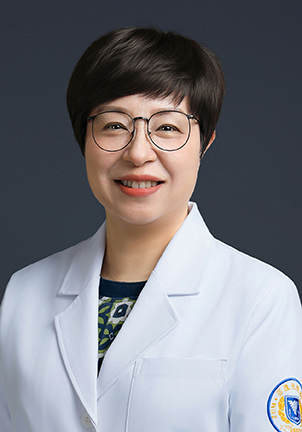 LV FangfangSenior Consultant
LV FangfangSenior Consultant -
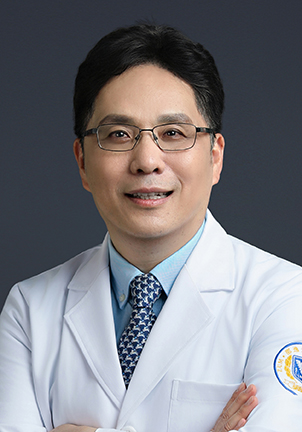 DU XiaoxingSenior Consultant
DU XiaoxingSenior Consultant -
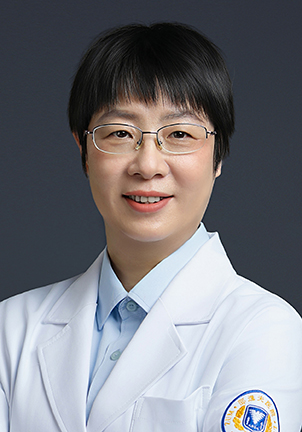 ZHOU ZhihuiSenior Consultant
ZHOU ZhihuiSenior Consultant -
 JI ShujuanSenior Consultant
JI ShujuanSenior Consultant -
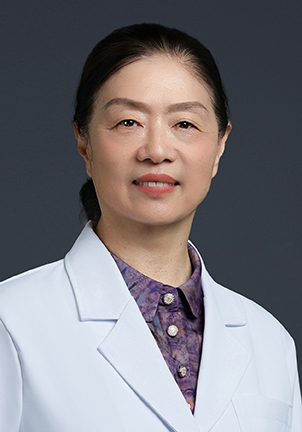 SU GuanguanSenior Consultant
SU GuanguanSenior Consultant -
 PI BoruiSenior Consultant
PI BoruiSenior Consultant -
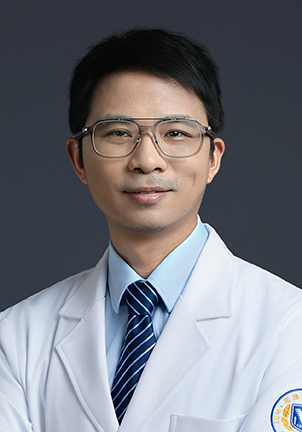 ZHAO DongdongSenior Consultant
ZHAO DongdongSenior Consultant -
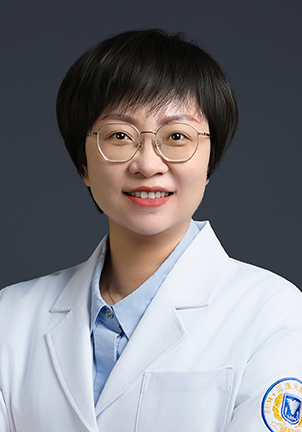 YANG QiaoSenior Consultant
YANG QiaoSenior Consultant -
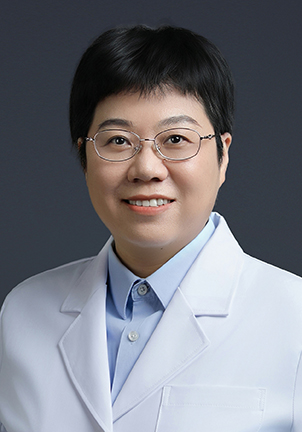 ZHU YongfenConsultant
ZHU YongfenConsultant -
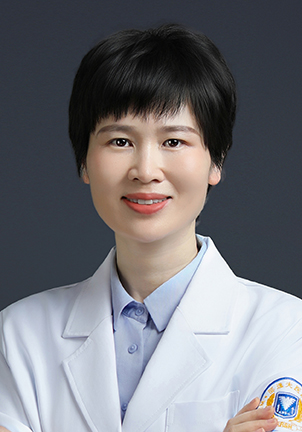 ZHANG JunliSenior Consultant
ZHANG JunliSenior Consultant -
 CHEN YanConsultant
CHEN YanConsultant -
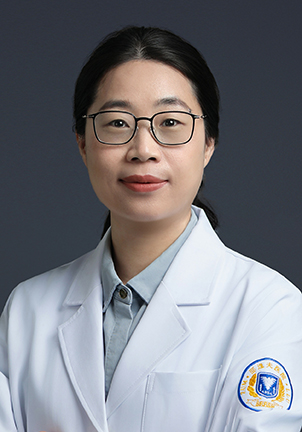 FANG LiConsultant
FANG LiConsultant -
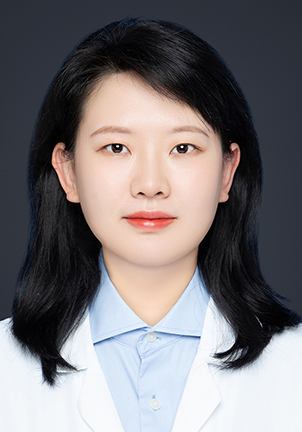 LIU LilinDeputy chief physician
LIU LilinDeputy chief physician -
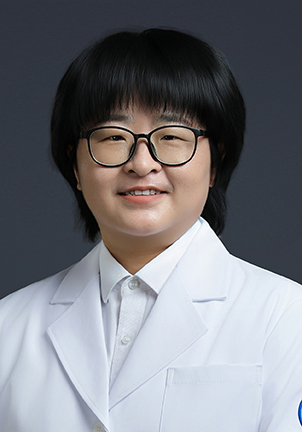 MU XinliConsultant
MU XinliConsultant














